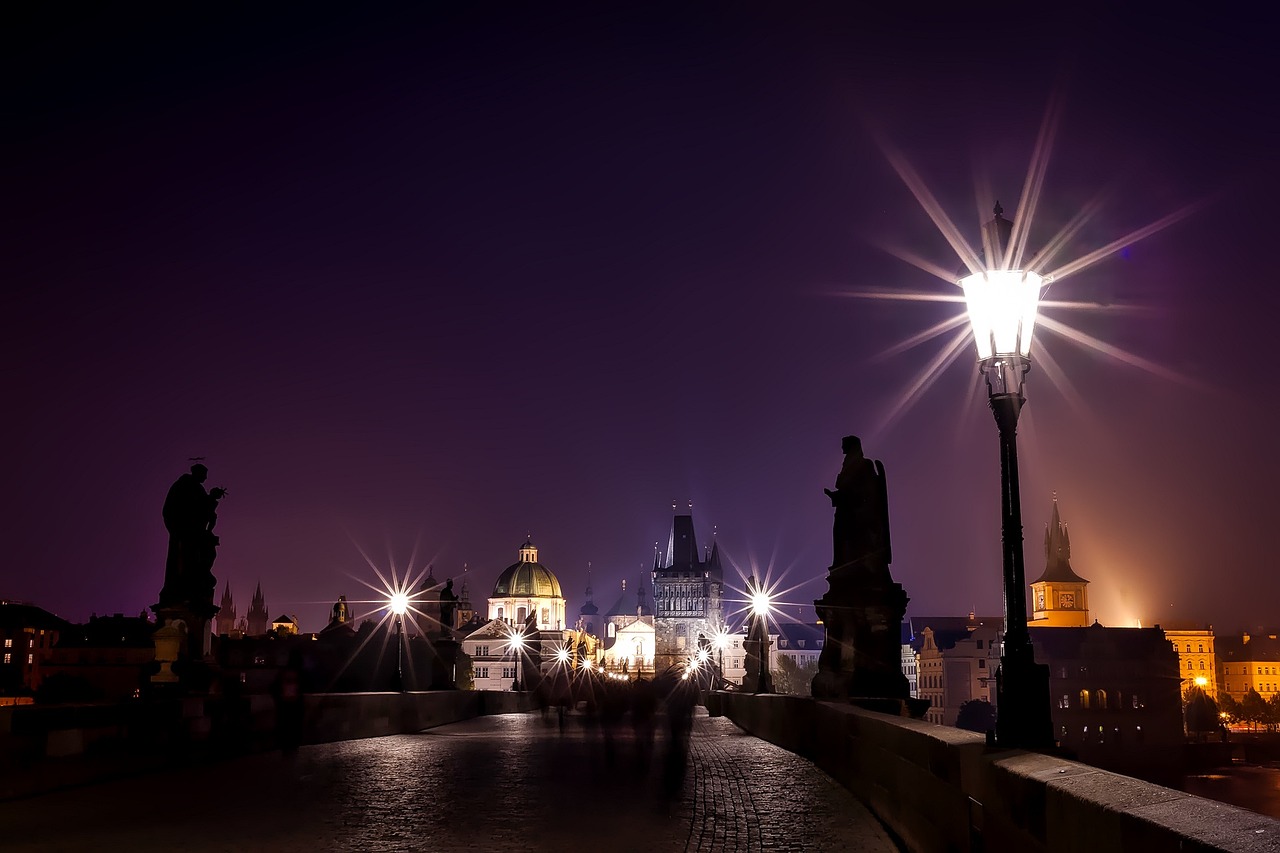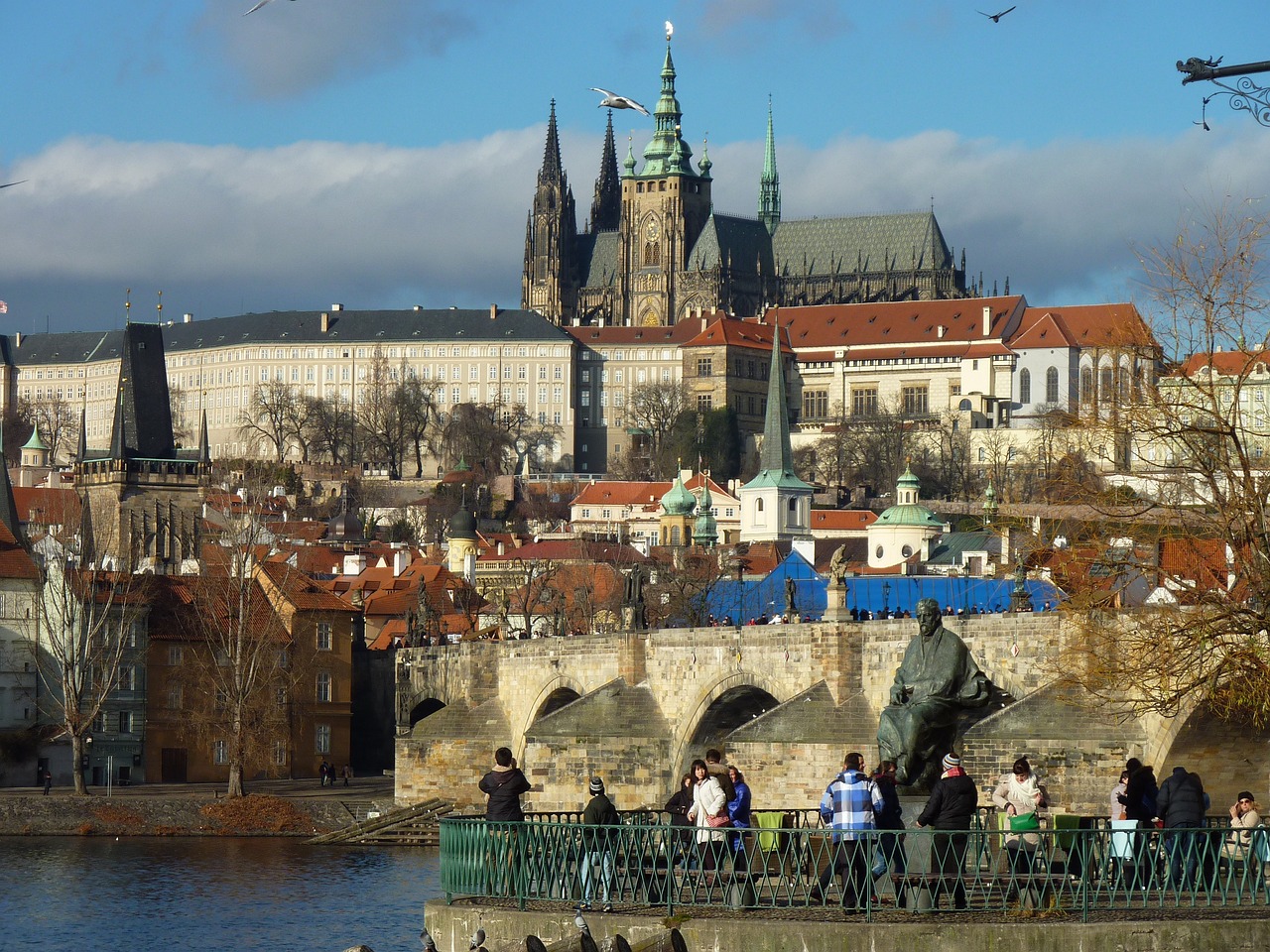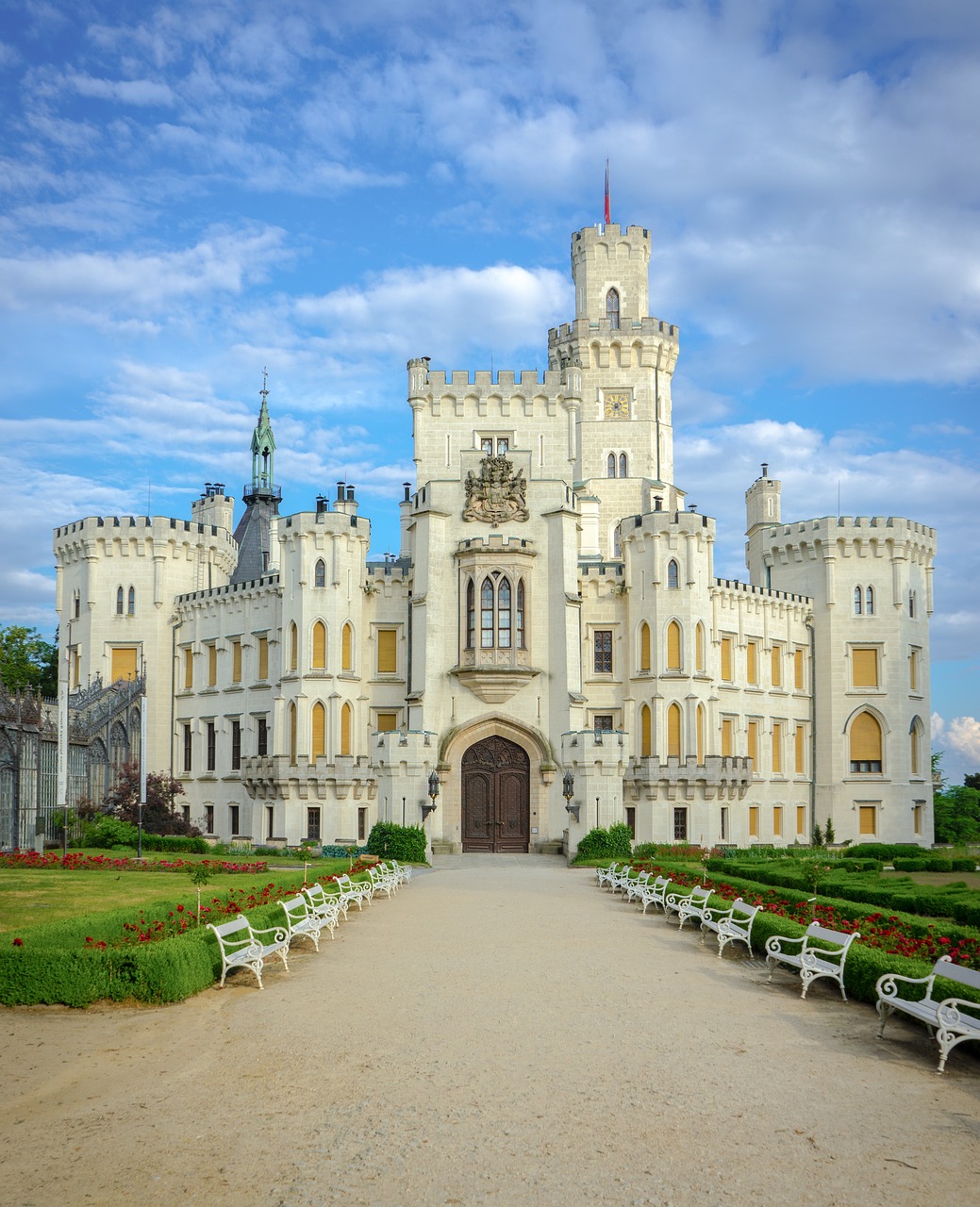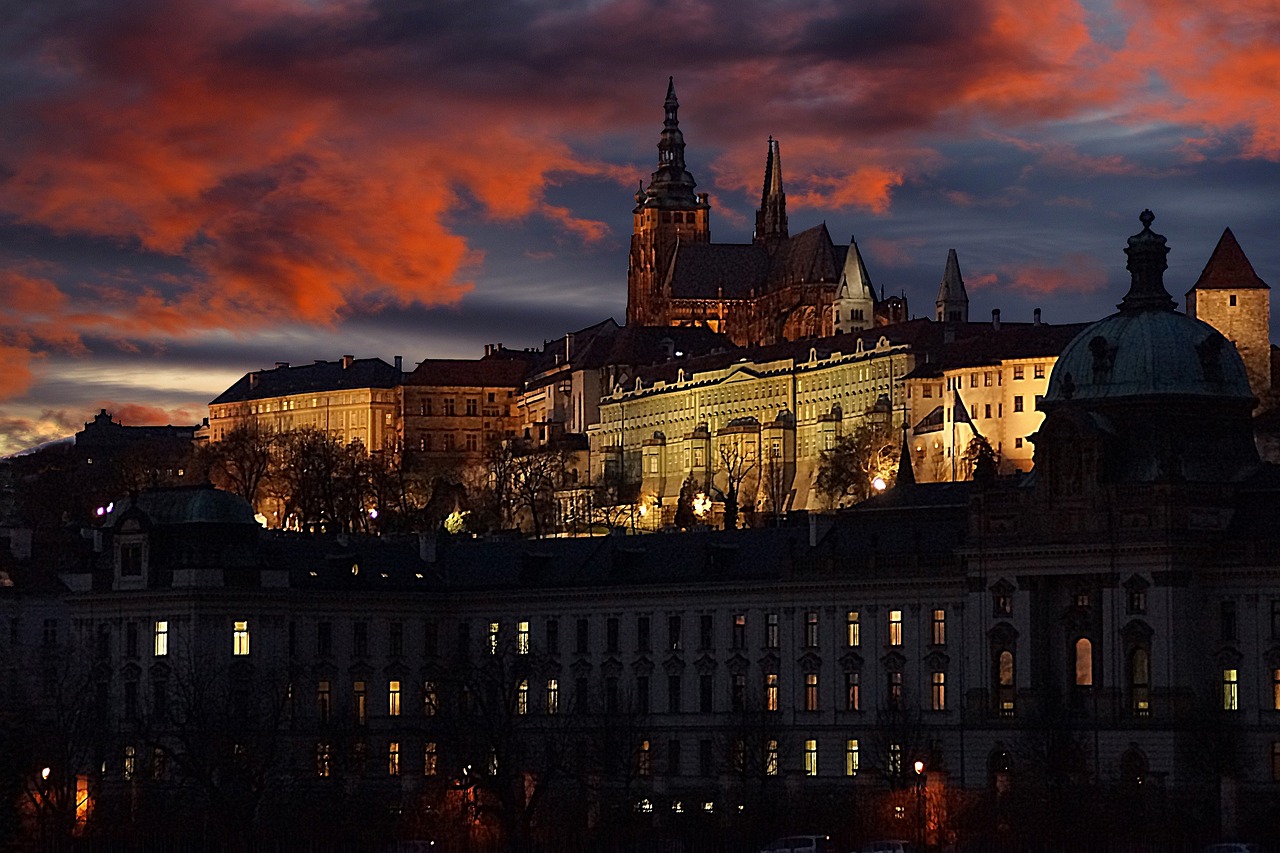Cultural Sensitivities: Understanding Local Norms in Czech Republic
The Czech Republic, located in Central Europe, is known for its rich cultural heritage and unique traditions. To fully appreciate and respect the local customs, it is important to understand the cultural sensitivities of the Czech people. This article aims to provide a comprehensive guide to navigating the cultural norms in the Czech Republic.
Greetings and Etiquette
When meeting someone in the Czech Republic, a firm handshake is the most common form of greeting. Maintain direct eye contact while shaking hands, as it is seen as a sign of respect. It is customary to address people using their professional or academic titles, followed by their last name. For example, “Doctor Novak” or “Professor Kolar.”
- Personal Space: Czechs value their personal space and tend to stand at arm’s length while conversing. Avoid excessive physical contact unless you have a close relationship with the person.
- Punctuality: Being punctual is highly valued in Czech culture. Arriving a few minutes early for appointments or social gatherings is considered polite.
- Gift Giving: If invited to a Czech home, it is customary to bring a small gift for the host. Flowers, chocolates, or a bottle of wine are appropriate choices. Avoid giving lilies or chrysanthemums, as they are associated with funerals.
- Dining Etiquette: When dining in a Czech home or restaurant, wait for the host to say “dobrou chut” (bon appétit) before starting your meal. It is polite to finish everything on your plate as leaving food may imply dissatisfaction.
Religion and Traditions
The Czech Republic has a predominantly Christian population, with Catholicism being the most practiced religion. When visiting religious sites, dress modestly and observe silence. It is customary to remove your hat and cross yourself upon entering a church.
- Easter Traditions: Easter is an important holiday in the Czech Republic. One popular tradition is the “pomlázka,” where young boys playfully whip girls with a handmade whip made from braided willow branches. This is believed to bring health and fertility.
- Christmas Traditions: Christmas is celebrated with various traditions, including the lighting of the Christmas tree on Christmas Eve. A traditional Czech Christmas meal consists of fried carp and potato salad. It is also customary to exchange gifts on this day.
- Public Holidays: The Czech Republic has several public holidays, including New Year’s Day, Easter Monday, Labor Day, and Christmas. On these days, many businesses and institutions may be closed.
Communication Styles
Czechs tend to be direct and value honesty in communication. They appreciate concise and straightforward conversations. It is important to listen actively and avoid interrupting others while they are speaking.
- Non-Verbal Communication: Non-verbal cues are essential in Czech communication. Maintaining eye contact, nodding, and using hand gestures to emphasize a point are common practices.
- Volume and Tone: Czechs generally speak in a moderate tone and volume. Speaking loudly or raising your voice may be perceived as aggressive or disrespectful.
- Humor: Czechs have a dry and sarcastic sense of humor. It is important to understand the context and tone of the conversation to avoid misinterpretation.
Social Customs and Taboos
Understanding social customs and taboos is crucial to avoid causing offense in Czech society. Here are some important points to keep in mind:
- Personal Questions: Czechs tend to be private individuals and may find personal questions intrusive. Avoid asking about someone’s income, relationship status, or political affiliation unless they willingly share such information.
- Shoes in Homes: It is customary to remove your shoes when entering someone’s home in the Czech Republic. This practice helps maintain cleanliness and shows respect for the host’s space.
- Tipping: Tipping is common in restaurants, cafes, and bars. It is customary to leave a 10% tip, but rounding up the bill is also acceptable.
- Whistling Indoors: Whistling indoors is considered bad luck in Czech culture and is associated with summoning evil spirits. It is best to avoid whistling inside buildings.
Czech Republic Image 1:

Arts and Culture
The Czech Republic has a rich cultural heritage, particularly in the arts. Here are some highlights of Czech arts and culture:
- Literature: The Czech Republic has produced renowned literary figures such as Franz Kafka, Milan Kundera, and Bohumil Hrabal. Czech literature is known for its introspective and philosophical themes.
- Music: Czech music has made significant contributions to classical music. Composers like Antonín Dvořák and Bedřich Smetana are celebrated worldwide. The Prague Spring International Music Festival is a major cultural event in the country.
- Film: Czech cinema has a rich history, with directors like Miloš Forman and Jiří Menzel achieving international acclaim. The Karlovy Vary International Film Festival is one of the oldest film festivals in the world.
Education and Work Culture
The Czech Republic places a high value on education, and the literacy rate is nearly 100%. Here are some key aspects of the education and work culture:
- Educational System: The Czech Republic has a well-developed educational system, with free primary and secondary education. Higher education institutions, such as Charles University in Prague, are renowned for their academic excellence.
- Work-Life Balance: Czechs prioritize a healthy work-life balance. They value leisure time and often take vacations during the summer months. It is important to respect this balance in professional settings.
- Business Etiquette: When conducting business in the Czech Republic, it is important to be punctual, dress professionally, and come prepared with relevant information. Building personal relationships and trust is crucial before engaging in business negotiations.
Czech Republic Image 2:

Food and Drink
Czech cuisine is hearty and influenced by neighboring countries. Here are some traditional Czech dishes and beverages:
- Goulash: A flavorful meat stew often served with bread or dumplings.
- Trdelník: A sweet pastry made from rolled dough, grilled and topped with sugar and nuts.
- Pilsner Urquell: The Czech Republic is famous for its beer, and Pilsner Urquell is a renowned brand.
Transportation and Getting Around
The Czech Republic has a well-developed transportation system that makes it easy to explore the country. Here are some key points about transportation:
- Public Transportation: Prague has an extensive public transportation network, including trams, buses, and the metro. Tickets can be purchased at stations or through vending machines.
- Taxis: Taxis are widely available in major cities, but it is recommended to use licensed taxis or ride-hailing services. Ensure the taxi has a visible meter and ask for an estimated fare before starting the journey.
- Driving: If you plan to drive in the Czech Republic, make sure you are familiar with local traffic laws and regulations. Speed limits, road signs, and parking restrictions should be observed.
Czech Republic Image 3:

Conclusion
By understanding and respecting the cultural sensitivities of the Czech Republic, visitors can have a more meaningful and enjoyable experience in this vibrant country. From greetings and etiquette to arts and traditions, embracing the local customs will help foster positive interactions and create lasting memories.
References
- Gypsy Warrior – gypsywarrior.com
- Prague Spring International Music Festival – springfestival.cz
- Karlovy Vary International Film Festival – kviff.com
- Charles University – cuni.cz


